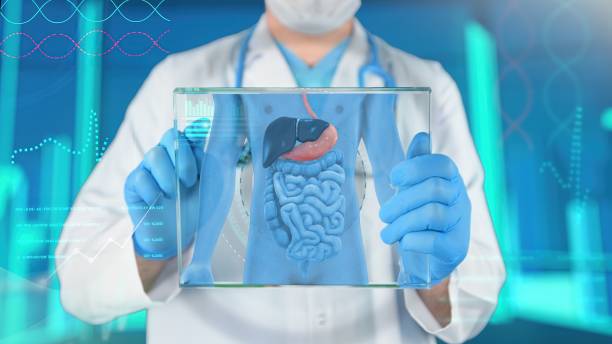
Gallbladder pain can be an alarming and uncomfortable experience, especially when you’re unsure of whether the discomfort requires a trip to the ER. Understanding when to go to ER for gallbladder pain is crucial for your health, as some symptoms may indicate severe conditions like gallstones, cholecystitis, or pancreatitis, which require immediate medical intervention.
This article will explore the signs, symptoms, and situations in which you should seek urgent care for gallbladder pain.
What is Gallbladder Pain?
The gallbladder is a small organ beneath your liver that stores bile, which helps digest fats. When something goes wrong with the gallbladder, it can lead to severe pain in the upper right side of the abdomen. This pain may be caused by various conditions, most commonly gallstones or inflammation, and the severity of the pain can vary.
Common Causes of Gallbladder Pain
Several medical conditions can cause gallbladder pain. The most common include:
- Gallstones (Cholelithiasis): Solid particles that form in the gallbladder can block bile flow, leading to intense pain.
- Cholecystitis: This is the inflammation of the gallbladder, usually due to infection or blocked bile ducts.
- Biliary Colic: This pain happens when gallstones temporarily block a bile duct, causing sudden sharp pain.
- Pancreatitis: Gallstones can also migrate into the bile ducts and block the pancreas, leading to pancreatitis.
While some individuals with gallbladder issues experience mild discomfort, others may face sharp, debilitating pain that necessitates immediate medical attention.
When Should You Go to the ER for Gallbladder Pain?
If you’re wondering when to go to the ER for gallbladder pain, it’s essential to recognize the signs that require urgent care. Below are key indicators that suggest you should seek emergency medical assistance:
-
Severe, Sudden Pain: If you experience sudden, intense pain in the upper right side of your abdomen that radiates to your back or right shoulder, this could be a sign of a gallstone blocking a bile duct or acute cholecystitis. This type of pain can last for several hours and may worsen after eating fatty foods.
-
Pain Accompanied by Fever: A fever alongside gallbladder pain may indicate a gallbladder infection (cholecystitis). If left untreated, infections can quickly become severe and spread to other areas of the body, so immediate medical attention is needed.
-
Jaundice (Yellowing of the Skin or Eyes): If you notice yellowing of your skin or the whites of your eyes, it could indicate a bile duct blockage or a more serious gallbladder-related issue like cholangitis. This condition needs immediate evaluation and treatment.
-
Nausea and Vomiting: Gallbladder pain often causes nausea and vomiting, but if these symptoms are severe and persistent, especially when accompanied by other warning signs like fever or jaundice, it’s time to go to the ER.
-
Pain Spreading to the Chest or Upper Back: Sometimes, the pain from gallbladder problems may radiate to other areas of your body, including the chest or upper back. This could be mistaken for a heart attack, so if you experience this type of pain along with any other concerning symptoms, it’s essential to get immediate medical help to rule out severe conditions.
-
Changes in Bowel Movements: Unexplained changes in bowel movements, such as light-colored stools or dark urine, may indicate a blocked bile duct, leading to dangerous complications.
-
Inability to Find Relief from Pain: If you cannot relieve pain with over-the-counter medications or rest, and the discomfort is persistent or worsening, it’s essential to seek immediate care.
Conclusion
Gallbladder pain can be a sign of a serious underlying condition, and knowing when to go to the ER for gallbladder pain is essential for your health and safety. If you experience severe or sudden pain, fever, jaundice, or other concerning symptoms, don’t wait—seek emergency medical attention. Early intervention can help prevent complications, such as infection or damage to the gallbladder or other organs. Always trust your instincts regarding your health—if you’re unsure, it’s better to err on the side of caution and visit the ER.





Leave a Reply